Nord Stream 2: US announces fresh sanctions on Russia-Germany gas pipeline
The US government has slapped fresh sanctions on a company involved in the Nord Stream 2 gas pipeline project between Russia and Germany, in a bid to exert more pressure on Moscow.
In a statement on Monday, US Secretary of State Antony Blinken said a report has been sent to the Congress, designating shipping company called Transadria Ltd. and its vessel the Marlin.
Transadria Ltd., a Cyprus-based entity believed to be a Russian shell company, will be sanctioned under the Protecting Europe’s Energy Security Act of 2019 (PEESA), and the Marlin will be identified as blocked property, the statement asserted.
Nord Stream 2 gas pipeline is a vast network of offshore natural gas pipelines in Europe, running under the Baltic Sea from Russia to Germany.
Interestingly, the US administration has not targeted the main company that is finishing the work on the pipeline, insisting on working with the German government.
“Even as the administration continues to oppose the Nord Stream 2 pipeline, including via our sanctions, we continue to work with Germany and other allies and partners to reduce the risks posed by the pipeline," Blinken said in the statement.
Blinken said the action “is in line with the United States’ continuing opposition to the Nord Stream 2 pipeline and the US government’s continued compliance” with the PEESA.
US President Joe Biden’s administration has so far identified 9 individuals and 18 entities to be subject to sanctions for their involvement in the $11-billion Nord Stream 2 project, designed to double the capacity of the existing Nord Stream pipeline to 110 billion cubic meters per year.
Biden administration reached a deal with Germany in July that includes support for Ukraine and the threat of sanctions if Russia is deemed to "weaponize" fuel deliveries.
As part of the deal, Germany also guaranteed to provide economic support to Ukraine on transitioning to clean energy and said it would insist that Russia keep gas flowing through its neighbor.
Meanwhile, the administration's approach has been met with wide opposition in the US Congress, with one Republican senator requesting to hold up the US State Department nominations for sanctions.
Work on the project was suspended in December 2019 after a Swiss company abandoned pipe-laying operations due to the then-looming US sanctions. In December 2020, the construction of the gas pipeline was resumed after a year's pause.
Earlier in October, the operator of the project announced that the gas-in procedure for the first string of the Russia-led Nord Stream 2 pipeline has been completed and the amount of pressure inside the pipeline is sufficient to start gas transportation in future.
The project has been a focal point of tensions between Moscow and Washington. Russia says the project could provide relief to the European gas market, which has been grappling with tight supplies and soaring prices.
However, the United States is strongly against the project, claiming that the pipeline will increase Europe's reliance on Russian energy. Other European governments say the link is vital to secure Europe’s energy supplies, with gas prices surging in the continent in recent weeks.
Iran pursuing broader cooperation with African nations: Pezeshkian
Israeli minister threatens to seize entire Gaza if Hamas refuses to disarm
VIDEO | Gaza teacher starts ‘Little Wings’ initiative to bring joy to kids
Spanish FM urges firmer EU stance on Gaza crisis, West Bank settlement expansion
Israel ‘serious obstacle’ to nuke-free West Asia: Iranian diplomat
High-profile Israeli-American brothers on trial for sex trafficking and assault
Settlers served lavish lunch in Israeli prison holding fasting Palestinians
VIDEO | Press TV's news headlines


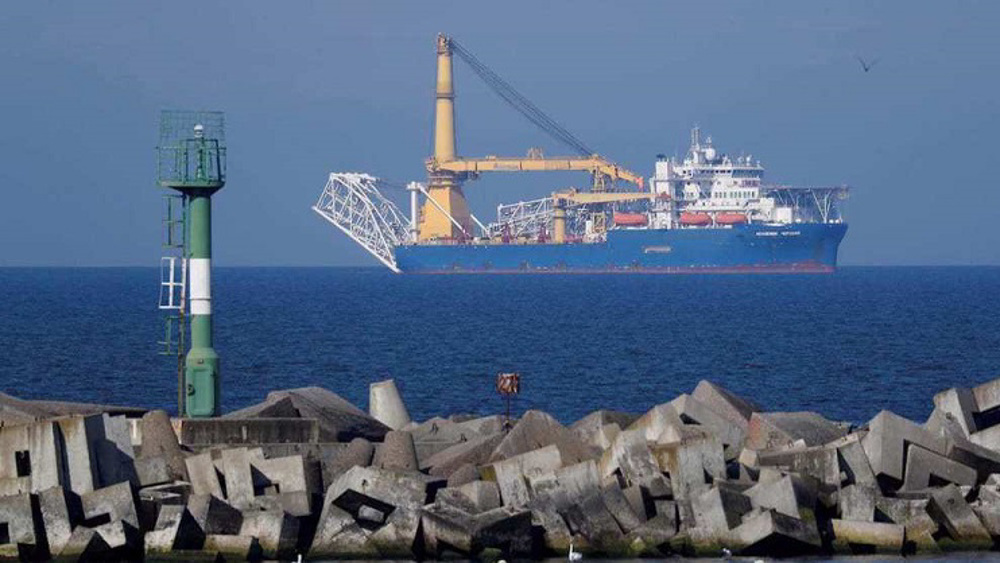
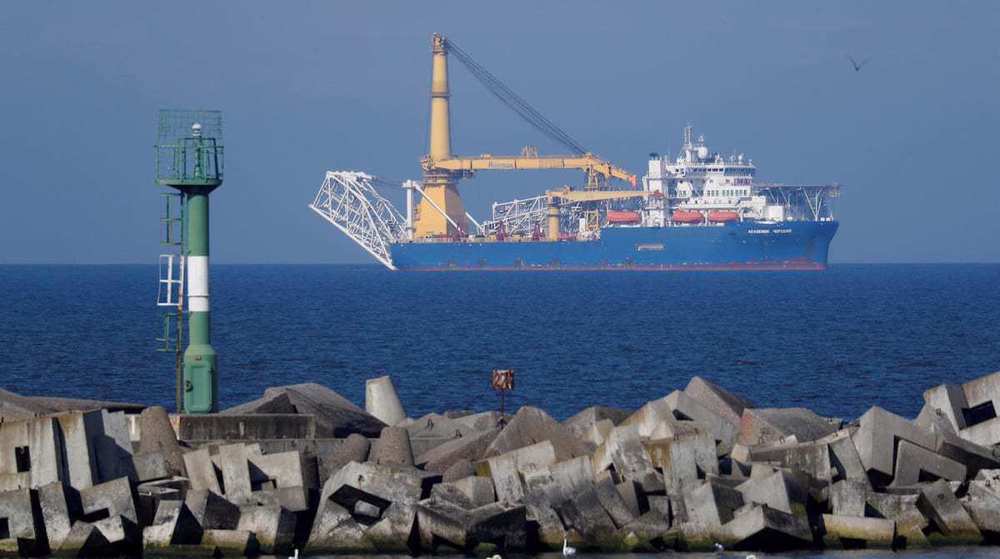
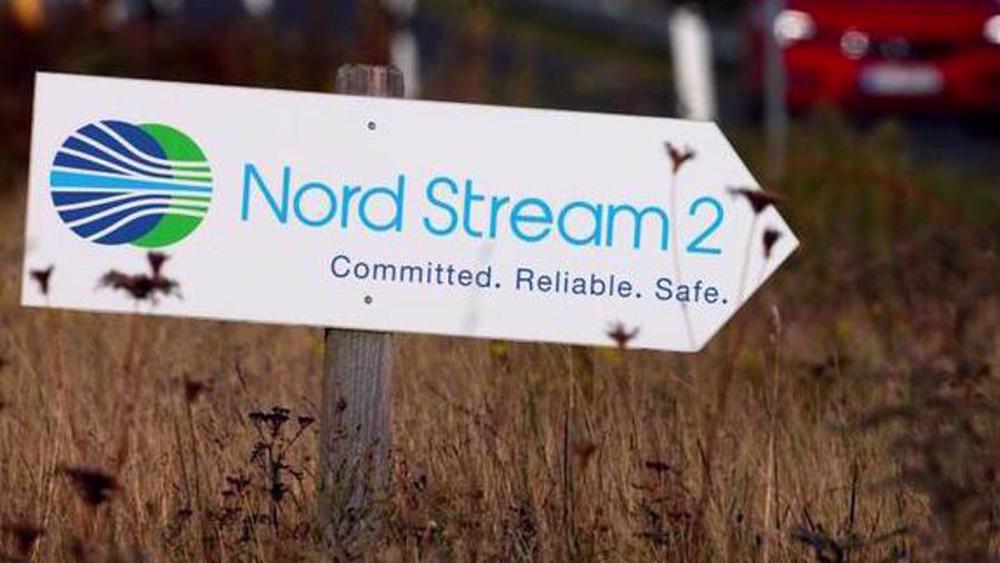

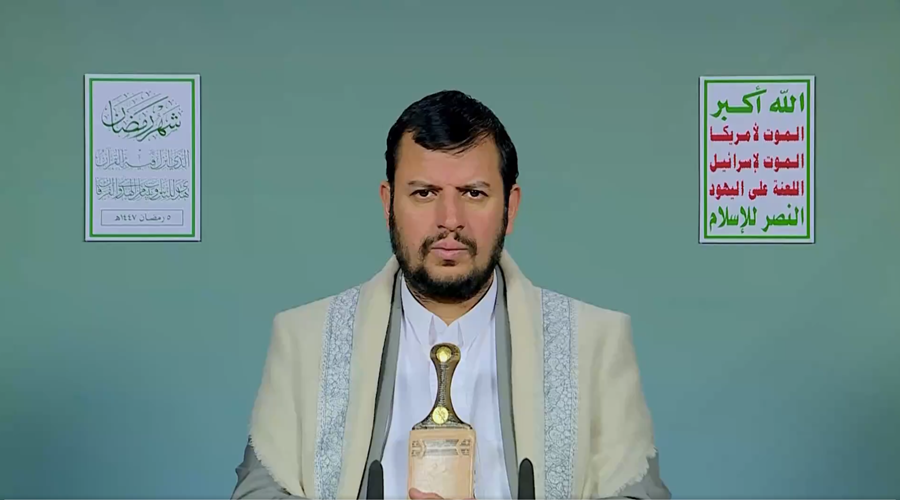
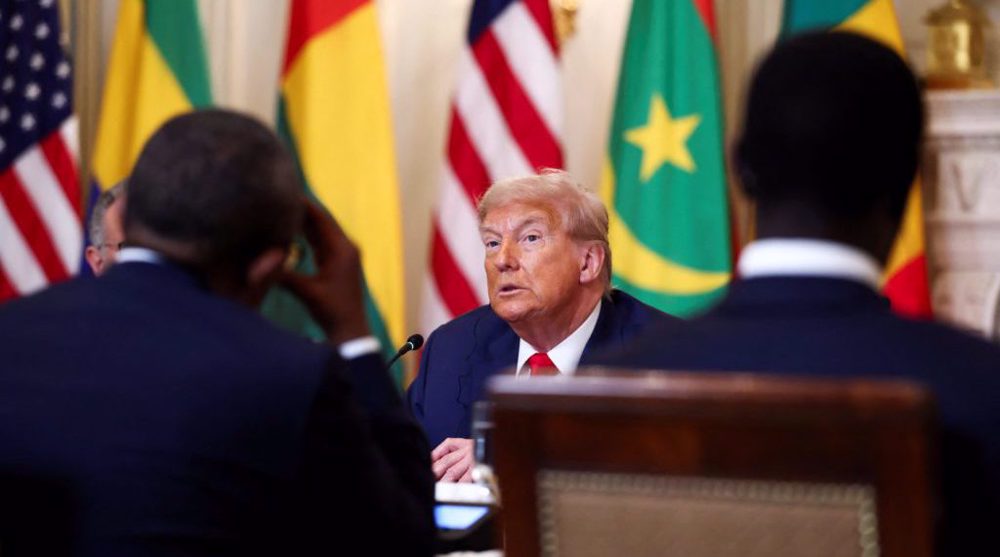



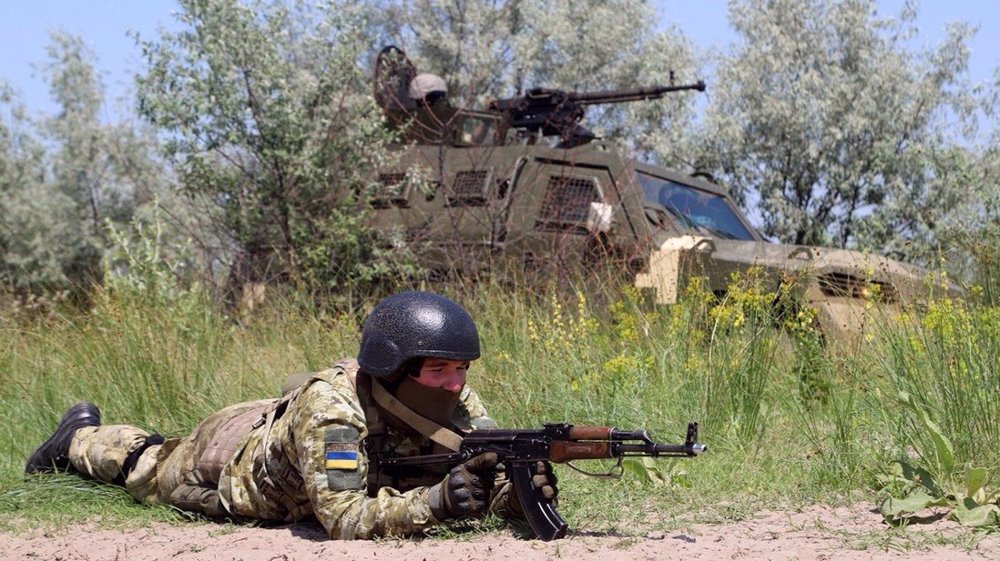
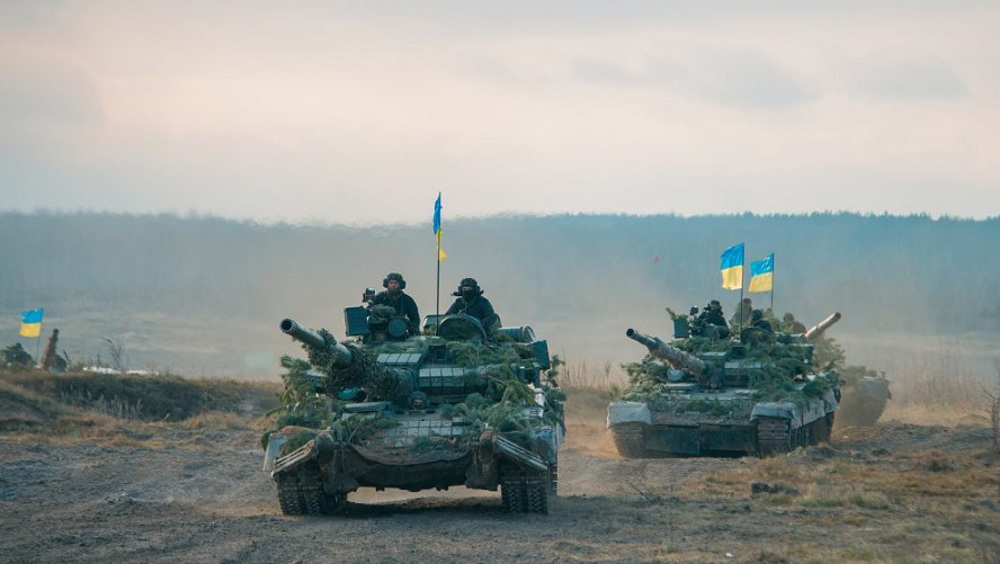

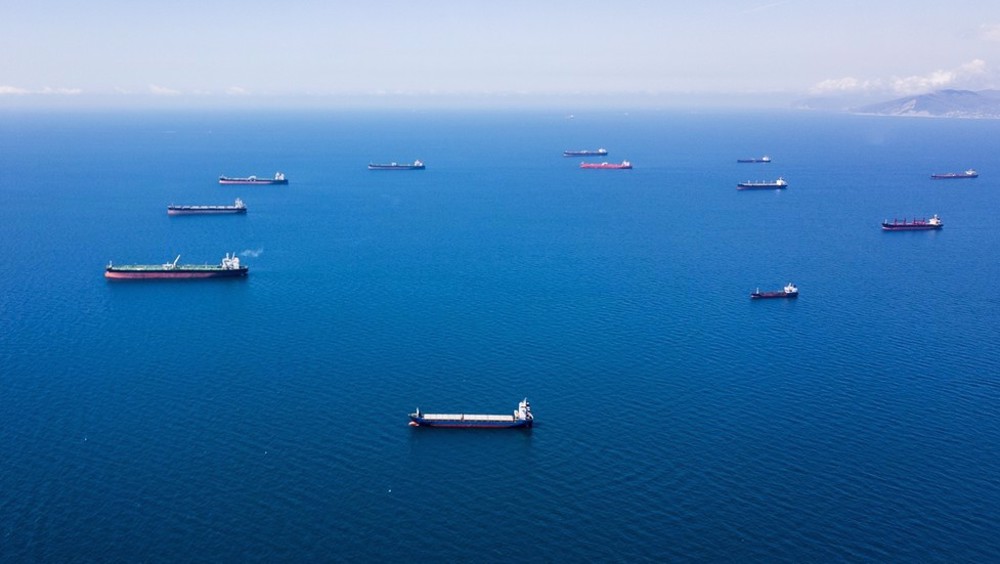
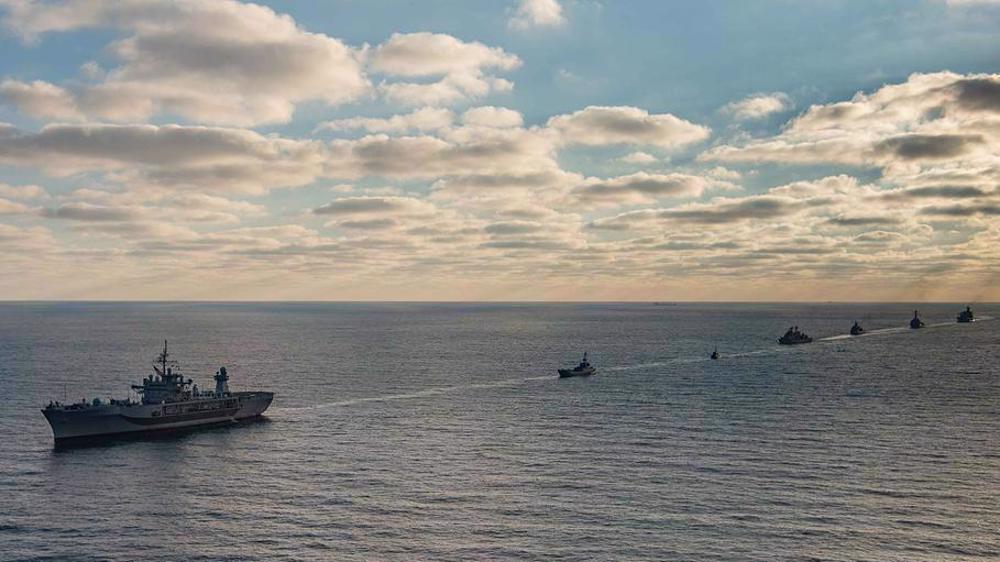

 This makes it easy to access the Press TV website
This makes it easy to access the Press TV website